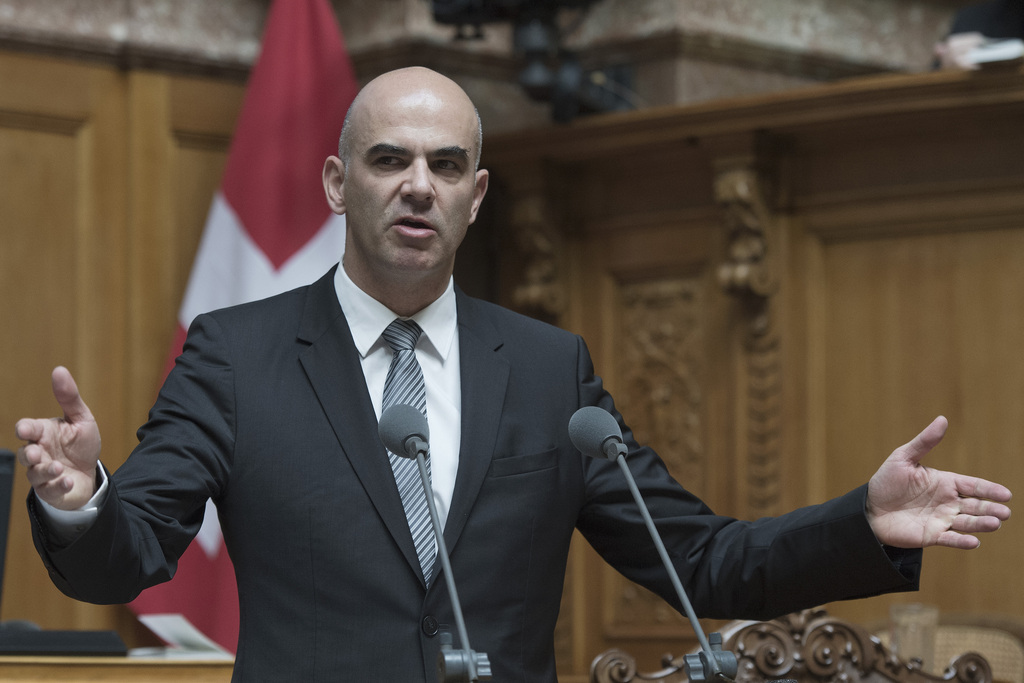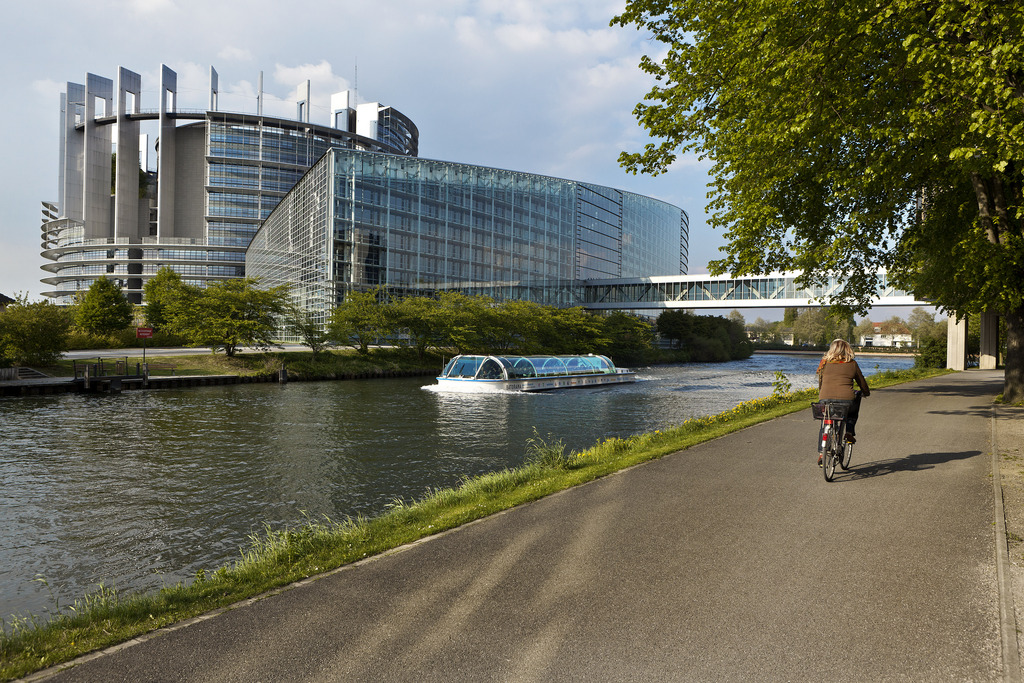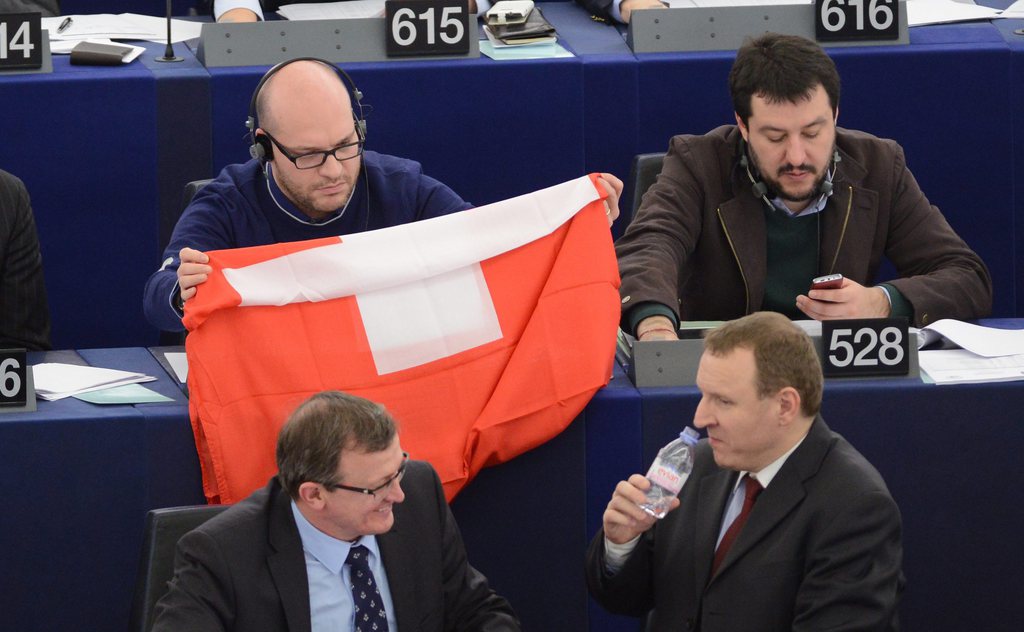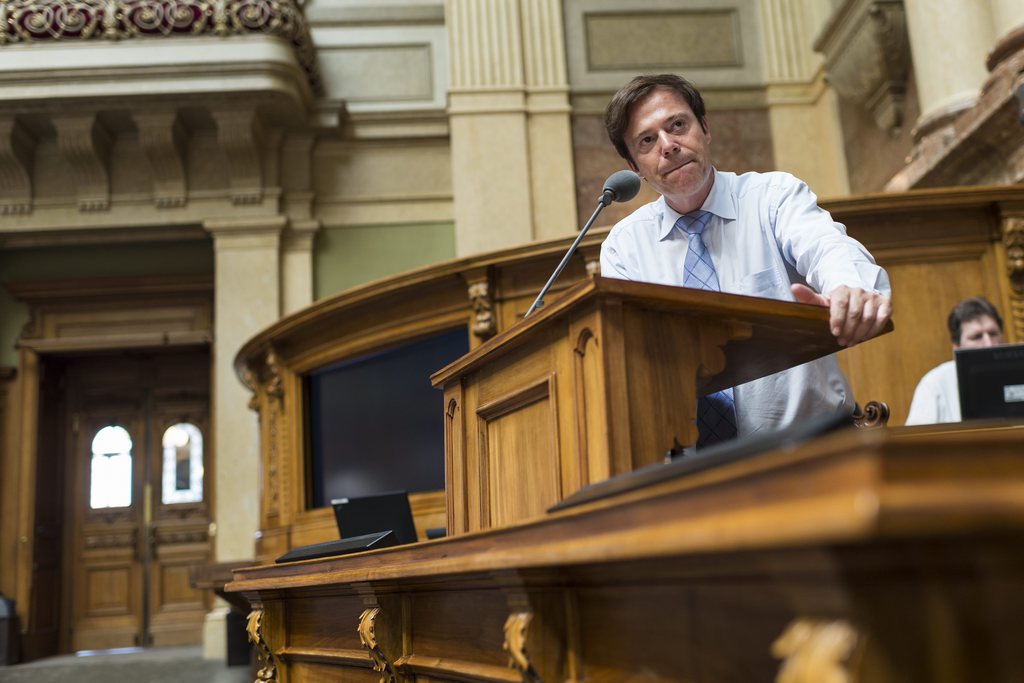‘Bilateralism is in our DNA’ – interior minister

Swiss Interior Minister Alain Berset has said the recent decision by Swiss voters to limit immigration was “neither the end of the world nor necessarily the end of bilateral treaties – but there will be consequences, that’s clear”.
In an interview on Saturday with La Liberté, a Fribourg newspaper, Berset admitted that while one should neither under- nor overestimate the effects of the vote, “it’s the first time that the Swiss have chosen not to create or enlarge bilateral agreements”.
This, he continued, could put in doubt Switzerland’s EU policy of the past 15 years.
On February 9, 50.3% of voters backed an initiative – put forward by the rightwing Swiss People’s Party – to reintroduce immigration quotas.
As a result, Switzerland will have to renegotiate its bilateral accord with the EU on the free movement of people within three years or revoke it.
The Swiss government has confirmed that, as a result of the vote, it cannot sign an already agreed deal to grant Croatian job seekers access to Switzerland. Croatia is an EU member state.
Brussels promptly responded by halting talks to include Switzerland in multi-billion euro research and education schemes.
Period of uncertainty
Berset, a member of the centre-left Social Democratic Party, dismissed comparisons with December 6, 1992, when Swiss voters rejected membership of the European Economic Area (EEA) by the same narrow margin, 50.3%.
“After the rejection of the EEA, we opened the bilateral path, which hasn’t led us very far from what we would have gained as part of the EEA,” he said.
“This bilateralism is part of our DNA – what we Swiss have managed to build together, with patience and a long-term approach.”
For Berset, the question now is whether Switzerland can maintain a healthy economy and low unemployment when the situation in surrounding countries is less good.
A period of uncertainty lies ahead, he reckoned. “It’s possible that in the past the Swiss have had the impression that, fed up, they could take a decision without causing any consequences, for example with the minaret initiative.”
In November 2009, voters decided to ban the construction of minarets. But this time, according to Berset, the consequences have rapidly become clear.
“They are not pleasant, but we can’t be surprised.”

In compliance with the JTI standards
More: SWI swissinfo.ch certified by the Journalism Trust Initiative



You can find an overview of ongoing debates with our journalists here. Please join us!
If you want to start a conversation about a topic raised in this article or want to report factual errors, email us at english@swissinfo.ch.